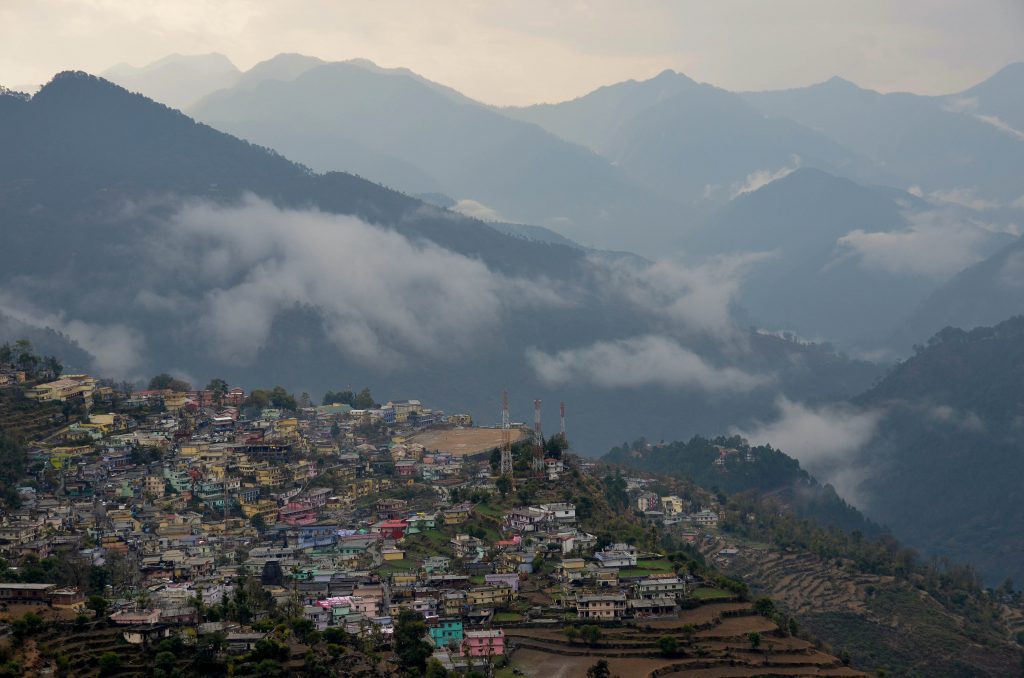Conversations with Communities

There’s a phrase that I’m hearing with increasing regularity: inclusive community engagement. To be sure, the phrase doesn’t always use these exact words, but the phrase acts like an umbrella in practices related to community-led actions for sustainable landscapes. I hear practitioners talk about it and I hear travellers talk about it.
Like lot’s of ideas and broad umbrella concepts, it’s always good to take a step back to reflect on what the phrase means and how it can be used in different ways with different meanings. A beginning point is with the ‘revolution of ideas’ that has been occurring over the last 40 years or so.
There have been multiple drivers of this revolution. Perhaps one of the most significant has been a shift in understanding knowledge. Without going into detail, we have entered what social scientists call ‘post-modernity’. There are multiple characteristics, but for us the important characteristic relates to knowledge and experiences. We now recognise that there are multiple forms of knowledge and experience, not just that of science or technical management or the expert.
In turn, we’ve seen a shift in thinking about communities, community development and community resilience:
A shift in the role of expert knowledge. Technical knowledge is important, but it is seen as one way of looking at things.
A recognition that there are multiple ways of experiencing things. This means people experience things differently based on all kinds of characteristics – gender, age, ethnicity, education, health, income etc.
A movement to somehow, in some ways, trying to harness these 2 things in the quest for resolving issues, implementing change, developing and rolling out programmes and, ultimately, for community resilience.
Those three words ‘inclusive community engagement’ have been impacted by this revolution of ideas/thinking.
Inclusive has moved from:
Not being part of the language, to
An expert making decisions on behalf of people/groups, to
Experts recognising that some groups need to be consulted, to
Professionals recognising and understanding the nature of the diversity of people’s experiences, fears, dreams, aspirations and knowledge and ensuring that programmes, projects, interventions etc are representative of this so they are inclusive.
Community has moved from:
A geographic place name inhabited by people, to
A complex site of social, economic and political processes impacting on people and groups differently. It has its own dynamic, but there are socio-economic and political processes beyond the reach of the community that will and do impact.
Engagement has moved from:
Experts making decisions for people/groups, to
Experts consulting with people/groups, to
Different groups being brought together around the table, to
People collaborating and co-creating – mutually identifying issues, concerns and possible solutions.
Of course, social change is a messy thing, but one thing is certain – these changes have provided a space for having conversations with communities. I don’t mean this in a ‘let’s talk about things’ way that ignores the ways some voices get heard and others don’t or are marginalised. I mean it in a ‘Let’s get creative and look for transformative social change for sustainable communities and landscapes’ kind of way, where we all recognise our optimal ignorance and share experiences, insights and ideas to frame actions.
It’s this latter meaning that informs my ideas, practice and experience.
